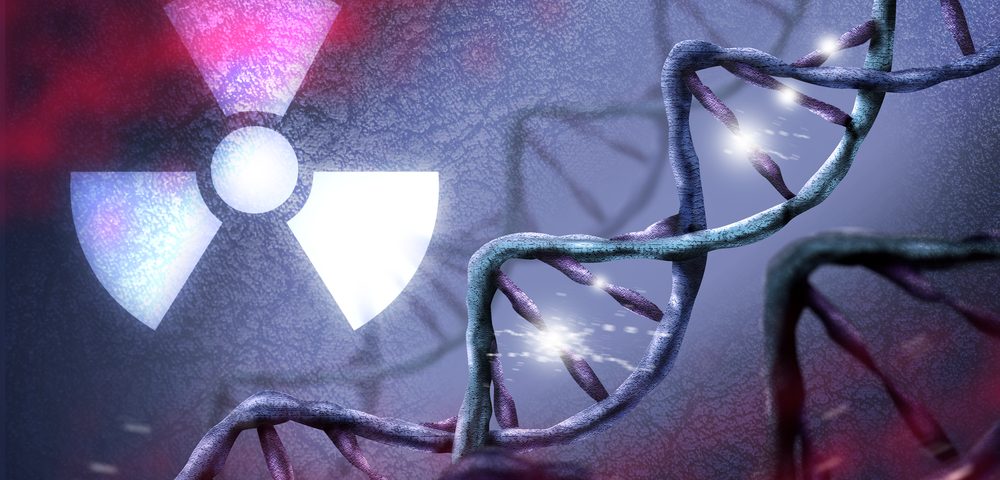Researchers at the University of Chicago have revealed that combining radiation and anti-tumor vaccination increases immune cells’ responsiveness to immunotherapy, greatly improving tumor regression and survival in mice.
The findings were recently published in Oncotarget, from the study “Combination of radiotherapy and vaccination overcome checkpoint blockade resistance.”
Blocking immune checkpoints – molecules that inhibit immune cells’ ability to attack tumors – has emerged as a promising new treatment for cancers. But most patients do not benefit from monotherapy with checkpoint inhibitors, likely associated to minimal T-cell infiltration in the tumor.
Radiation therapy has been shown to have a dual role in cancer treatment, not only because it induces DNA damage directly killing tumor cells, but it also primes the immune system to recognize and destroy cancer cells.
Researchers sought to understand if radiation therapy could help overcome resistance to an anti-PD-L1 checkpoint inhibitor in a mice model with pancreatic cancer, which is highly resistant to immunotherapy. A PD-L1 is a ligand (signal trigger molecule) expressed by tumor cells that helps them evade the immune system by turning immune cells off.
In a press release, Dr. Ralph Weichselbaum, co-director of the University of Chicago (UC) Ludwig Center for Metastasis Research and chairman of Radiation and Cellular Oncology at UC said the study results provide a “step-by-step strategy” to break immune barriers that protect aggressive tumors by converting a ‘cold’, or non-T cell inflamed tumor, into a ‘hot’ T-cell inflamed phenotype.
“By promoting T-cell infiltration, radiation therapy improved the efficacy of tumor vaccines and checkpoint inhibitors,” Weichselbaum said.
The researchers examined pancreatic cancer samples from 183 patients to find that the tumors with worse outcomes were those with a combination of low infiltration of cytotoxic T-cells and high expression of the PD-L1 molecule.
After establishing a pancreatic mouse model that simulated the low CD8 T-cell infiltration and high PD-L1 expression phenotype, researchers found that PD-L1 inhibitors as monotherapy or in combination with a vaccine priming immune cells to recognize a specific tumoral protein, failed to inhibit tumor growth.
Adding radiation therapy to the cancer vaccine promoted the infiltration of antigen-specific CD8 T-cells into the tumors, suggesting that radiation may break its immune barriers. This infiltration rendered tumors sensitive to checkpoint inhibitors, which significantly inhibited their growth and increased mice survival.
“Our results suggest that radiation therapy could synergize with immunotherapy to convert cancers with an unfavorable cold phenotype to a more favorable hot phenotype,” said Weichselbaum. “The radiation’s effects may include release of cell fragments and other signals that stimulate the immune system, as well as elimination of some of the immunosuppressive factors.”
Weichselbaum said the study introduces a new strategy that could make immunotherapy more effective for many cancer types.
“Intriguingly, the study demonstrates new antitumor effects of radiation therapy in addition to the direct cytotoxic effects of radiation on tumor cells,” Weichselbaum said.


